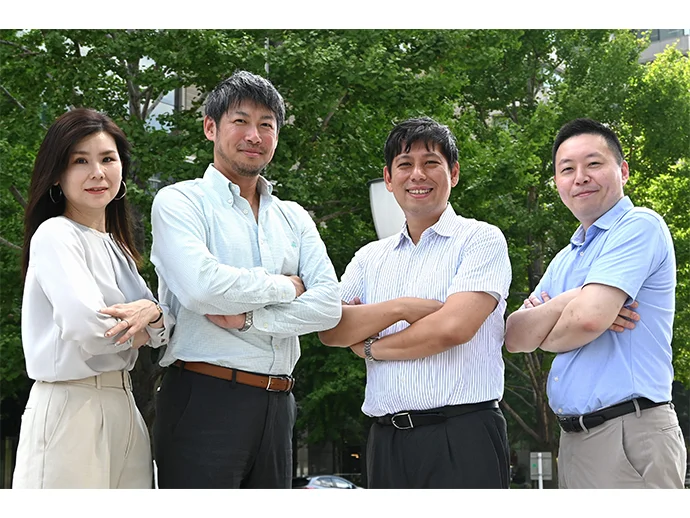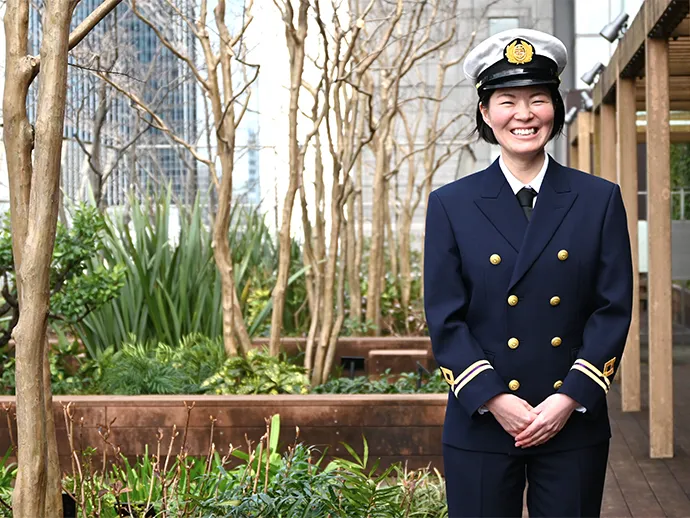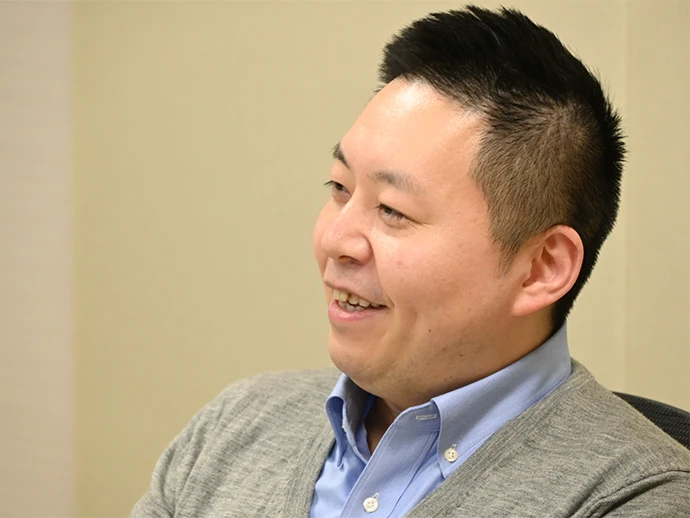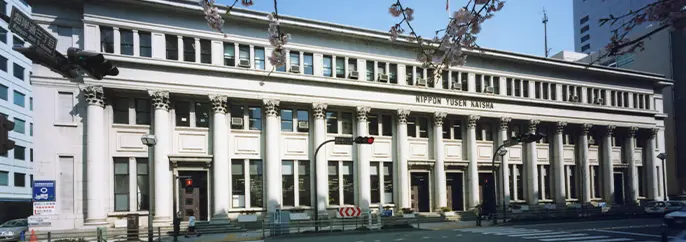Joining NYK Mid-Career: A Marine Engineer’s New Challenge
Released : Aug. 07, 2025
Updated : Oct. 20, 2025
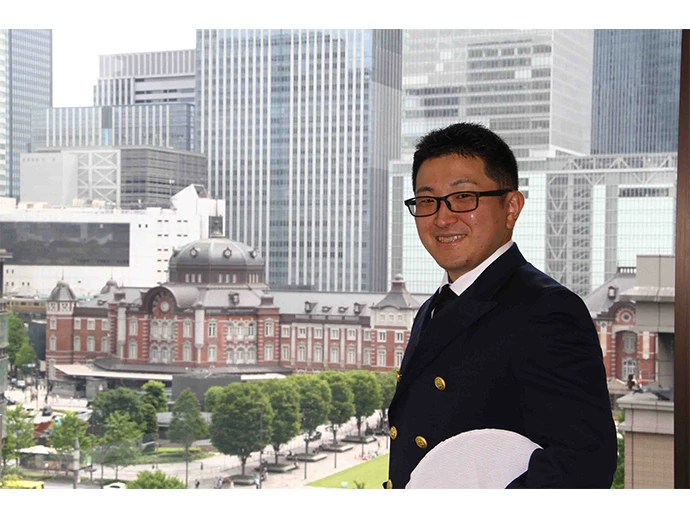
Kazuki Suzuki, a marine engineer whose role is vital to ensuring the safe operation of vessels, is responsible for the operation and maintenance of engines, generators, boilers, and other equipment on board. Now in his fourth year with NYK Line since joining through mid-career recruitment at the age of 29, he currently holds the rank of first engineer. We spoke with him about the appeal of working at NYK and his career path to date.
A Mid-Career Transition
At university, I pursued a degree in modern history and the history of Japanese thought. During my job search, a representative from NYK Line gave a company presentation on campus, introducing me to the world of maritime shipping. I had always been interested in machinery maintenance and thought a lifestyle of six months at sea followed by several months of vacation would be ideal. That experience inspired me to pursue a maritime career, and after graduation, I enrolled at a maritime technical college.
There, I studied the fundamentals of engineering and earned my seafarer’s license. My first job was with a shipping company specializing in refrigerated cargo transport. The work was fulfilling. Traveling the world for several months to a year, followed by extended vacations, suited me well. However, the company operated only reefer vessels, and I wanted to gain experience on a broader range of ships, including those equipped with the latest technologies.
While in college, I once boarded a training vessel where an NYK engineer was present. I was deeply impressed by NYK’s high safety standards and the scale of its operations. I stayed in touch with that engineer after graduation, and my desire to work alongside him only intensified. Once I met NYK’s recruitment criteria, including possessing a seafarer’s license, I applied and was hired through the mid-career program.
After completing training, I boarded my first NYK vessel — an LNG (liquefied natural gas) carrier operating between Japan and Oman. Compared to the vessels at my previous job, everything was on a whole new scale — the engine size, the engine room — and I was thrilled to experience a steam turbine for the first time. It was then that I realized just how much my world had expanded.
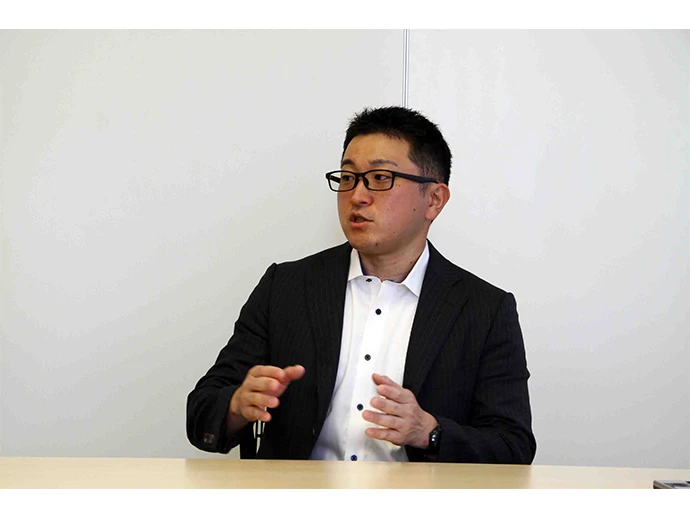
After graduating from university, Suzuki enrolled in a maritime technical college and spent six years working as a marine engineer on refrigerated cargo ships. He subsequently joined NYK through its mid-career recruitment program, serving on various oceangoing vessels for four years. In June 2025, he transitioned to shore duty in Los Angeles, California.
Rigorous Training and Uncompromising Safety Standards
Before boarding my first NYK vessel, I underwent about six months of comprehensive training delivered both online and in person. This included the safety management system (SMS), hazardous materials handling, and high-voltage (6600V) procedures. My first post was as a junior second engineer for four months, during which I received a detailed handover of duties from the current second engineer. This transition was extremely thorough and smooth, allowing me to assume my full duties with confidence.
Initially, I was nervous that my new role would be completely different, but I soon realized my previous knowledge and skills as an engineer were still applicable. What surprised me most was NYK’s meticulous safety management. Policies were clearly documented, with detailed checklists and established chains of command — far more structured than my previous company, where instructions were often given verbally.
A ship’s engine room is a complex system — a fusion of massive engines, generators, sensors, electrical wiring, and piping. It’s like a small city or a living organism. Engineers are responsible for overseeing and maintaining the entire system, identifying potential issues before they occur. At NYK, handover documents are well-organized, communication is clear, and records enable engineers to understand the unique characteristics of each vessel. This allows us to focus entirely on managing our duties.
Engineering is not a solo effort — it’s a team endeavor. Good communication and cooperation are essential. I had anticipated a rigid corporate culture, but I found the opposite. People here are open and approachable. I quickly felt at home, even as a mid-career hire. NYK fosters a culture where networks naturally form, and I think many would find that appealing.
A Workplace that Fosters Growth
Since joining in December 2021, I’ve worked aboard various vessels, including steam turbine-powered LNG carriers, crude oil tankers, and car carriers. These experiences have shown me that the work of an engineer requires both deep technical knowledge and sharpened intuition.
Over the past three and a half years, I’ve gained advanced technical insight into decarbonization and next-generation engines, significantly improving my overall skills. I also take part in training programs to ensure that my knowledge remains practically applicable on-site.
On April 1, 2025, I was promoted to first engineer. As a second engineer, the focus was on safely executing assigned tasks, but now I also manage crew safety, work hours, and overall vessel operations. I try to simulate and prepare for this expanded role through daily operations while learning from senior officers.
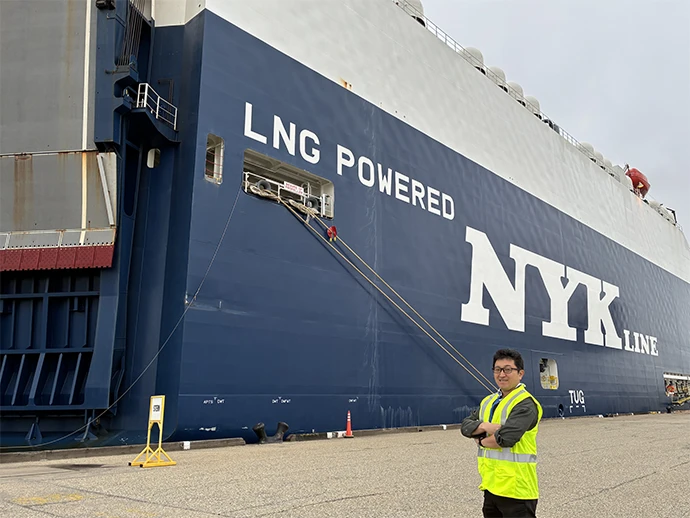
Just when I began to think that a shore assignment might be on the horizon, I received a transfer order — to Los Angeles. The timing couldn’t have been better, as I had recently developed an interest in ship management roles. This marks my first land-based assignment, and I’ve come to appreciate one of NYK’s unique features: the opportunity for marine engineers to take on shore-based roles as part of their career development.
Through interaction with colleagues who’ve had shore assignments, I’ve come to better appreciate the importance of broader perspectives, awareness of societal contributions, and the need for skills like budget and schedule management. These are things you can only fully grasp through firsthand experience.
The maritime industry today is characterized by constant change — technological innovation, environmental mandates, and geopolitical shifts. Working at a global company like NYK gives me the confidence that I’m at the forefront of this transformation. With robust support from the company, I feel empowered to take on new challenges.
Although I’ll be away from the sea for a while, I hope to contribute as an engineer in areas like responding to environmental regulations, quality control, and technical knowledge-sharing.
Insight from a Supervisor: The Tacit Knowledge of a Mid-Career Hire
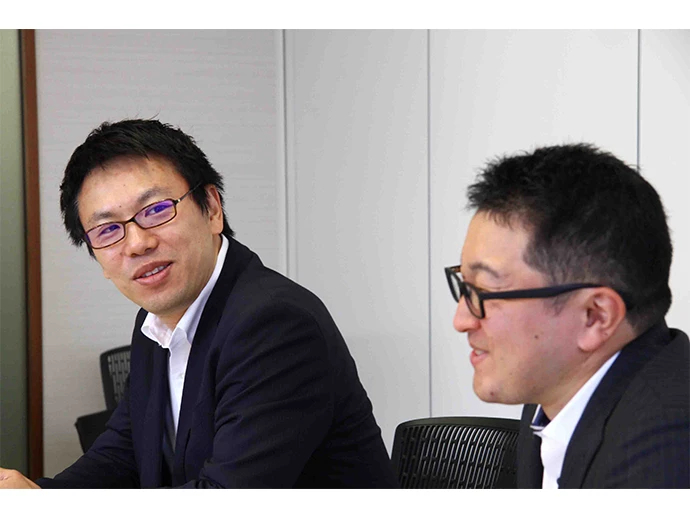
Suzuki (right) with Hiroyuki Sakaguchi, Chief Engineer, Ship Support Team, Marine Group
I served on board with Mr. Suzuki for about four months. One thing I immediately noticed was his passion for machinery. Thanks to his prior experience, he has a talent for verbalizing tacit knowledge and offers valuable insights from multiple perspectives. I trust his judgment and communication.
One memorable episode was when he diagnosed a problem with the ship’s generator engine — a new LNG-fueled model. The temperature display had been acting up, and we couldn’t find the cause. He checked various sensors and wiring, consulted the manufacturer, and ultimately discovered a loose cable. After reconnecting it properly, the issue was resolved.
It was a detail you’d only catch if you were constantly observing the machinery. When I asked how he found it, he explained, “I understood the command flow and identified possible causes through inductive reasoning. Measuring the voltage revealed the issue.” I admire how he blends intuition with technical know-how.
Beyond work, he brought along Japanese snacks like pickles and sweets when boarding from Japan and shared them with everyone. When you’re at sea for long stretches, far from home, that kind of thoughtfulness really means a lot. It’s no wonder he’s well-liked by many.
Insight from a Fellow Engineer: Darts on a Rolling Ship
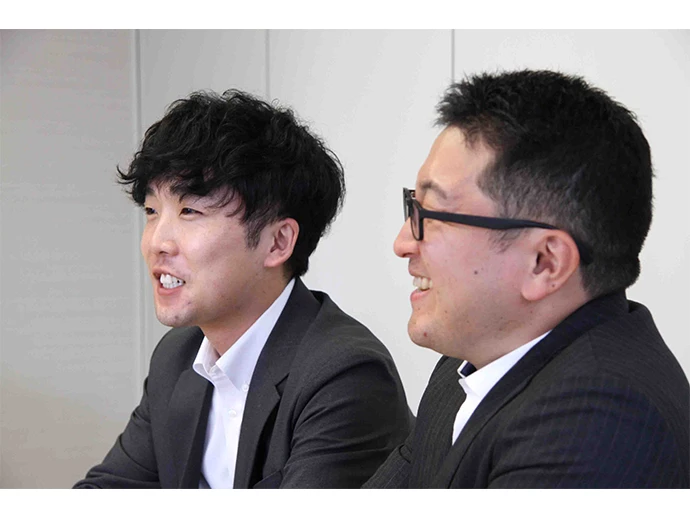
Suzuki (right) with Keito Sasaki, Second Engineer, Recruitment & Development Team, HR Group
I spent about four months on board with Mr. Suzuki. One thing I’ll never forget is how he introduced darts and a hammock as part of the ship’s recreational items.
This occurred while we were docked in Rotterdam. We had been talking about how great it would be to have a dartboard on board — and he actually went ashore and bought one. It was an electronic dartboard with about 150 games and automatic scoring.
Playing darts on a rocking ship proved to be quite challenging, but he — thanks to his physical coordination and focus — improved rapidly over a month and a half. He even found a bug in the scoring display and created a chart to correct it. I heard the dartboard remained on board after we disembarked.
Now that I’m working ashore, I still hope to sail with him again someday. His engineering knowledge and attitude toward work taught me a great deal. I truly grew as an engineer thanks to him.
